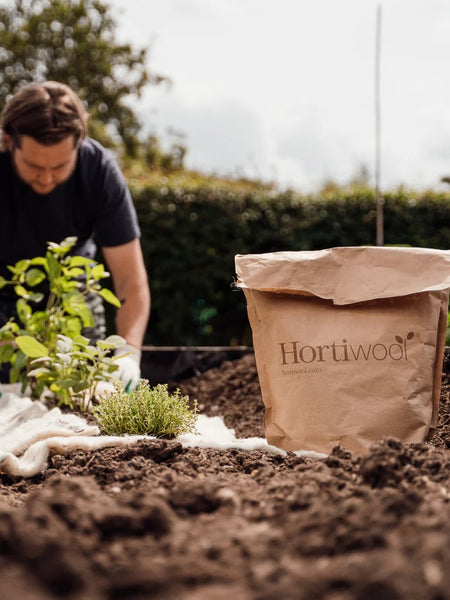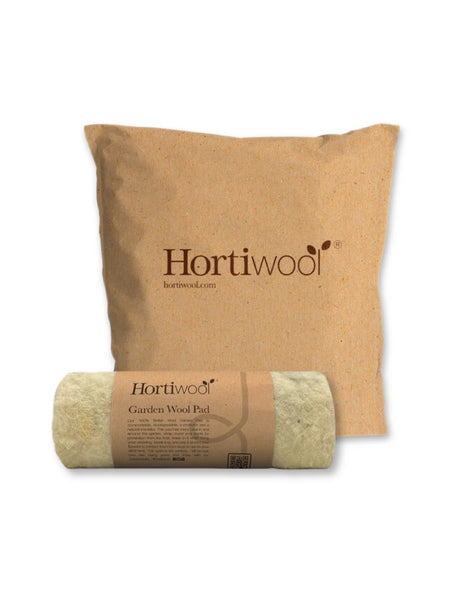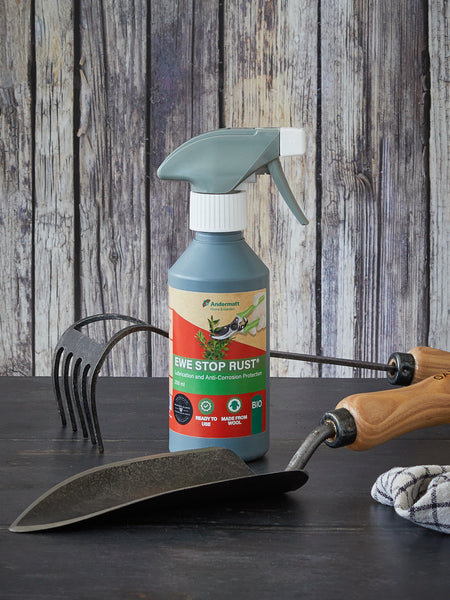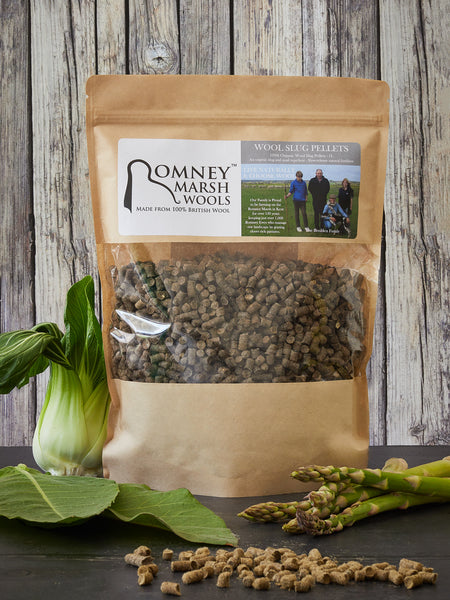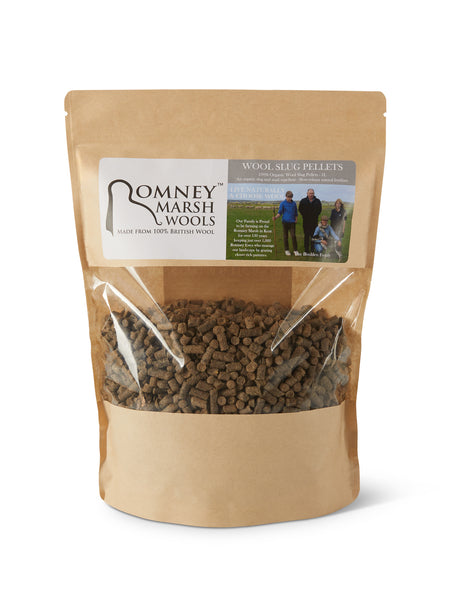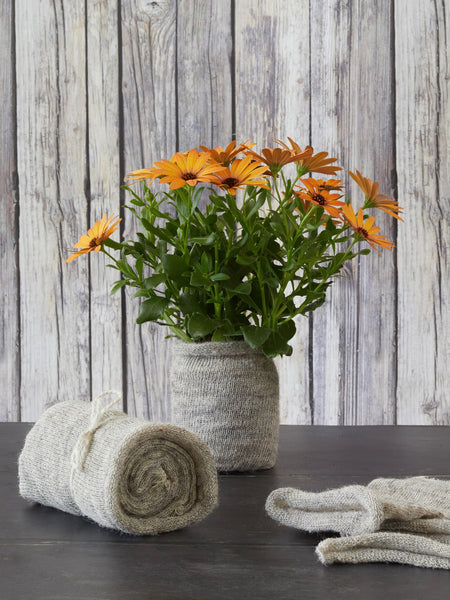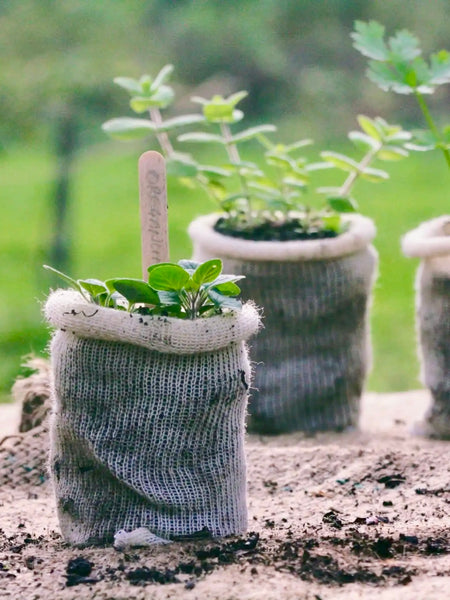Park the plastic, jettison the jute, and support your plants with British wool net.

DAN COOPER GARDEN EXCLUSIVE
Ideal for gardening or walking your dog, the discovery of these garden clogs concluded my extensive search for perfect garden footwear.
More robust and supportive than Crocs, more refined than Birkenstocks and more affordable than Hunters, I think these are the best garden clogs money can buy.
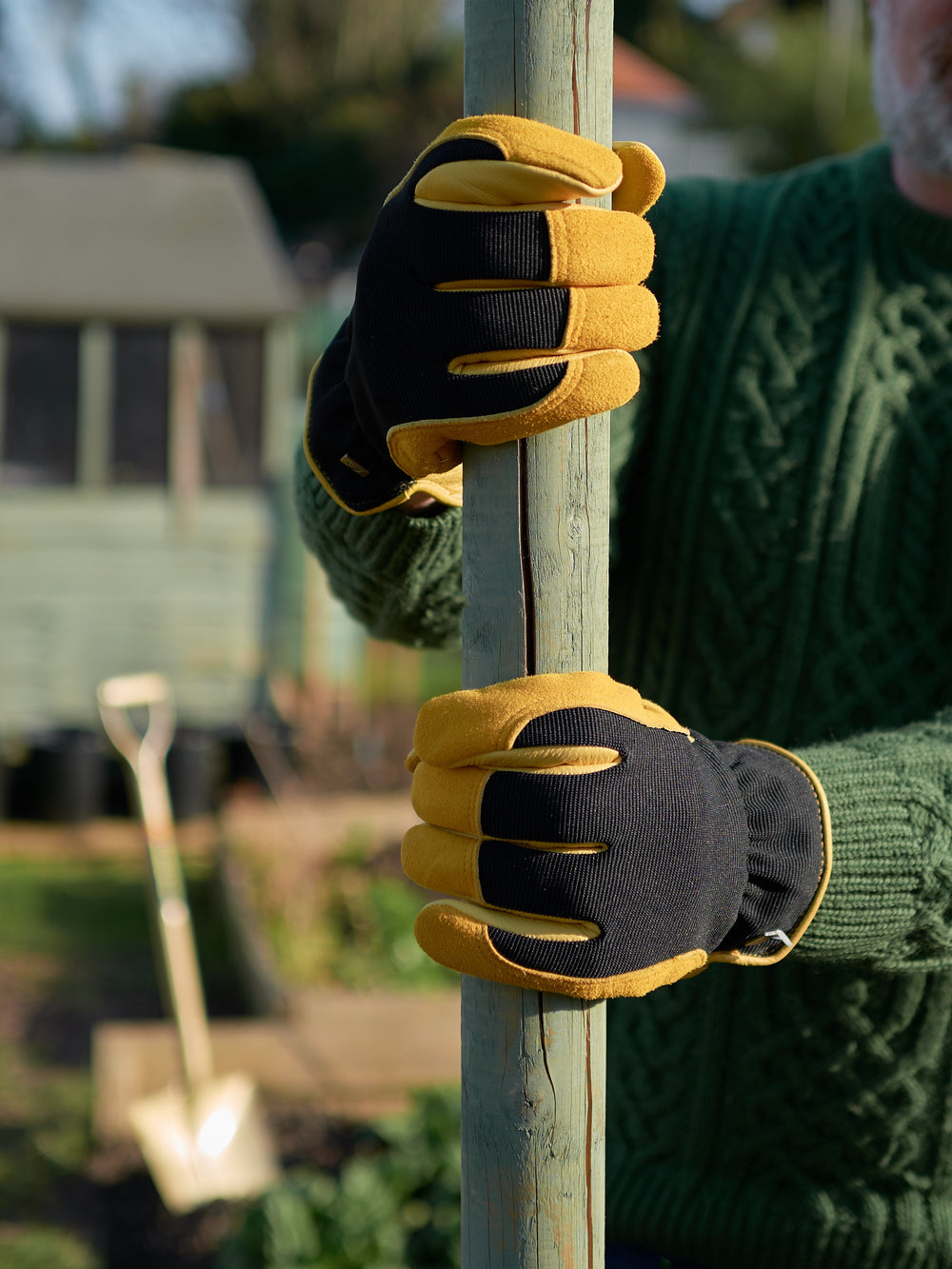
lovely glovely
A good pair of gardening gloves will protect your hands and wrists from thorns, splinters, pathogens and allergens, keeping them warm and dry in the process.
With prices starting at £6, you can afford to keep a pair in the shed and another in your pocket.
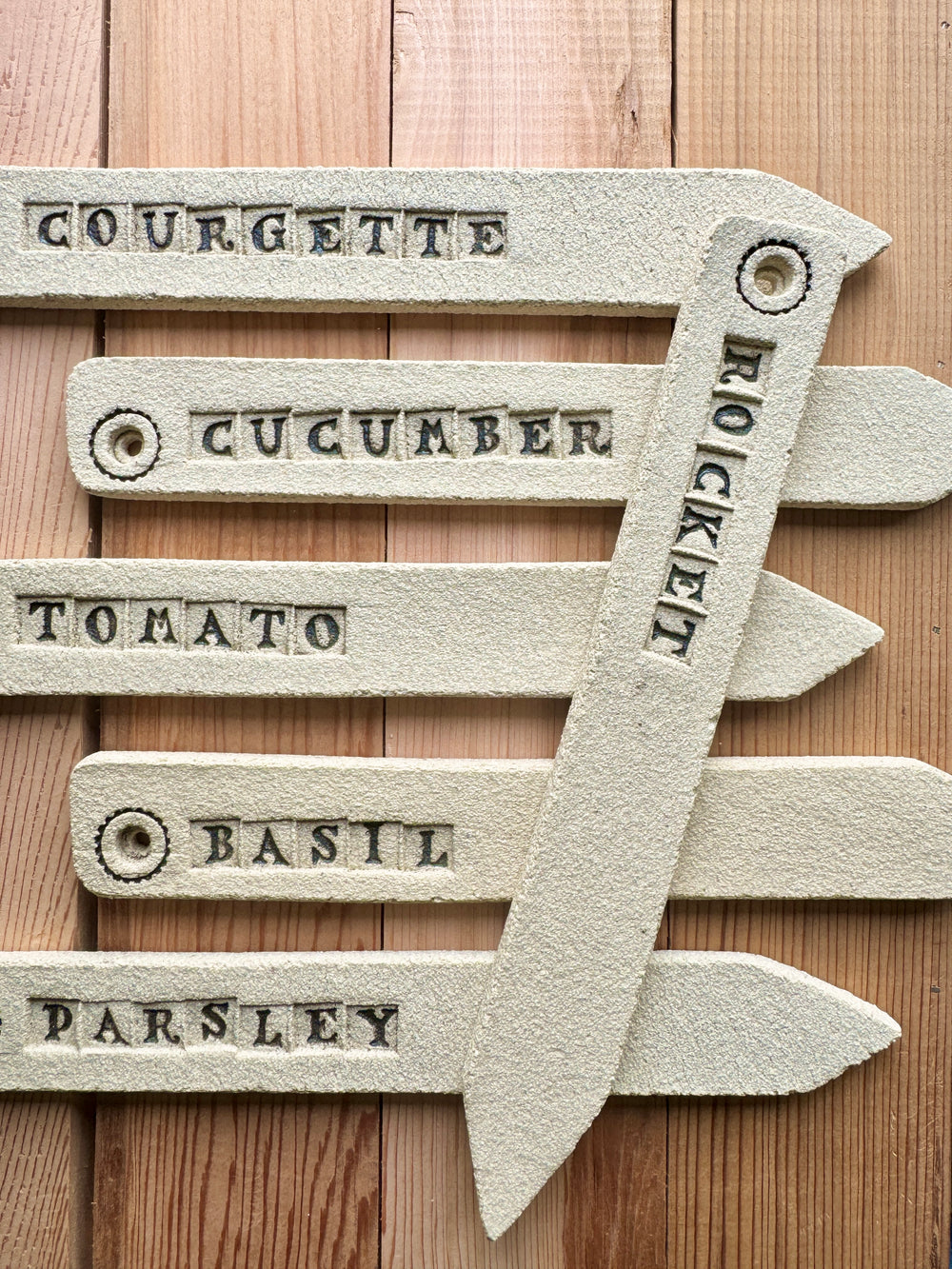
New Arrivals
Keep tabs on your new season crops with these characterful stoneware plant labels. Designed and hand made by Rhian Winslade in Windsor, they're the perfect way to proudly mark every row.
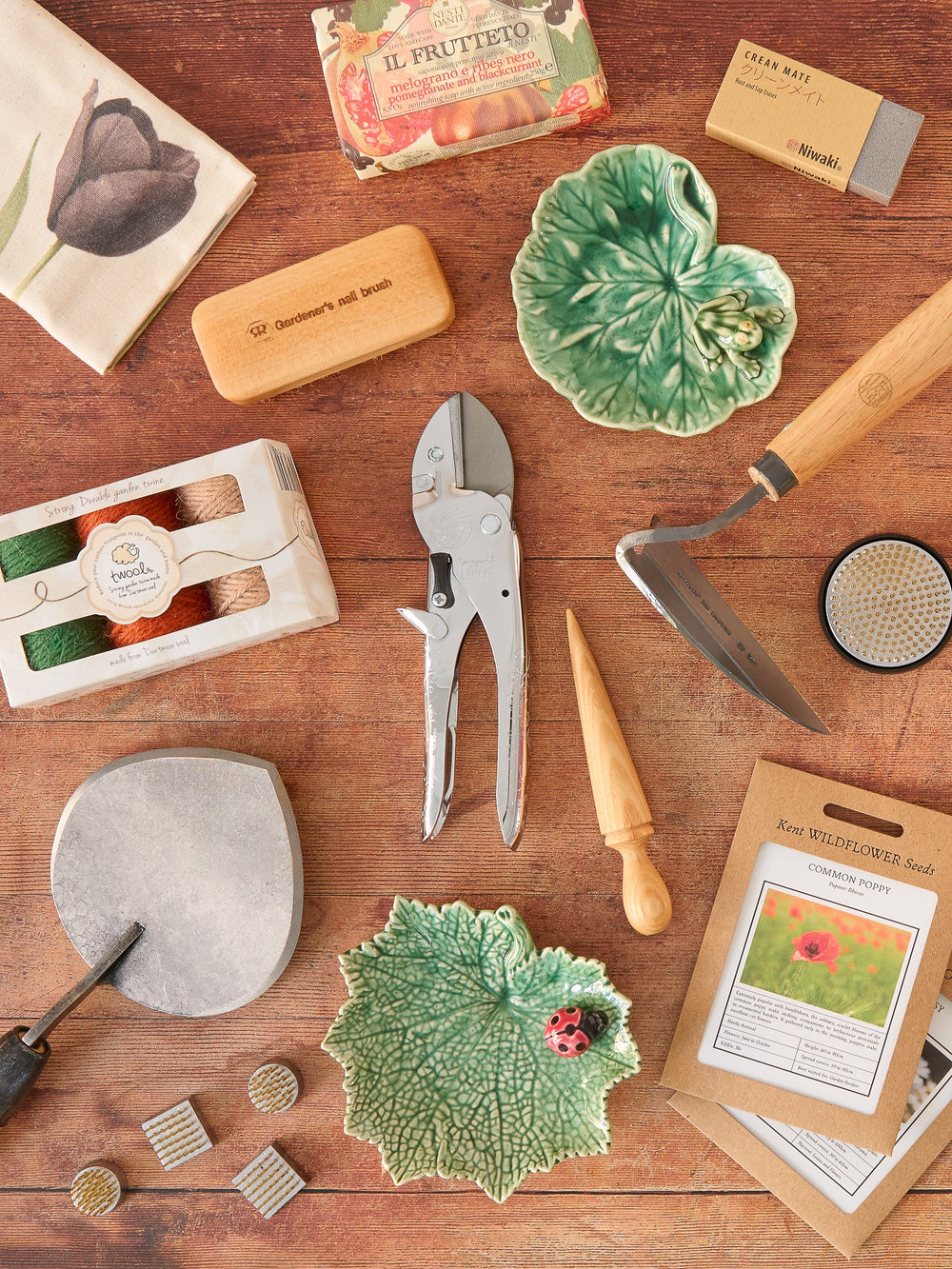
gifts they'll dig
Gardeners can be tricky folk to buy gifts for. After all, who knows what they already have stashed in their shed?
I have searched high and low for covetable tools and unique treats to make choosing the perfect present effortless.

A Cut Above
Walther Schröder invented the world's first anvil secateurs in 1923, transforming the task of pruning with their powerful cutting action.
One hundred years later, Original LÖWE continues to set the gold standard in pruning tools, representing German engineering at its finest.
EXCLUSIVE TO DAN COOPER GARDEN
Advice & Inspiration

Your Garden In June
June is soft, romantic and generously perfumed. Gardens are brimming with hollyhocks, lupins, delphiniums, peonies, irises and, of course, roses. Here's how to get the most from your garden this month.
Read more
Six Strategies To Stop Slugs And Snails Eating Your Hostas
Are you fed up with molluscs eyeing up your hostas like an all-you-can-eat buffet? Don’t give up until you’ve tried these simple strategies for keeping them blemish-free.
Read more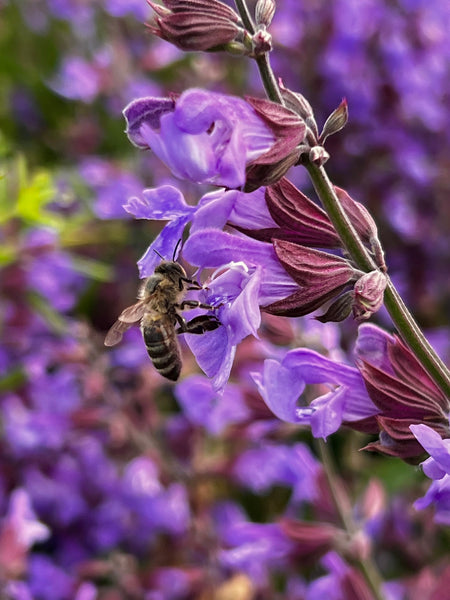
In The Know - The June Gap
Just when bees need food the most there's a brief period when flowers are in surprisingly short supply. Here's how we can help pollinators bridge the June gap.
Read more
